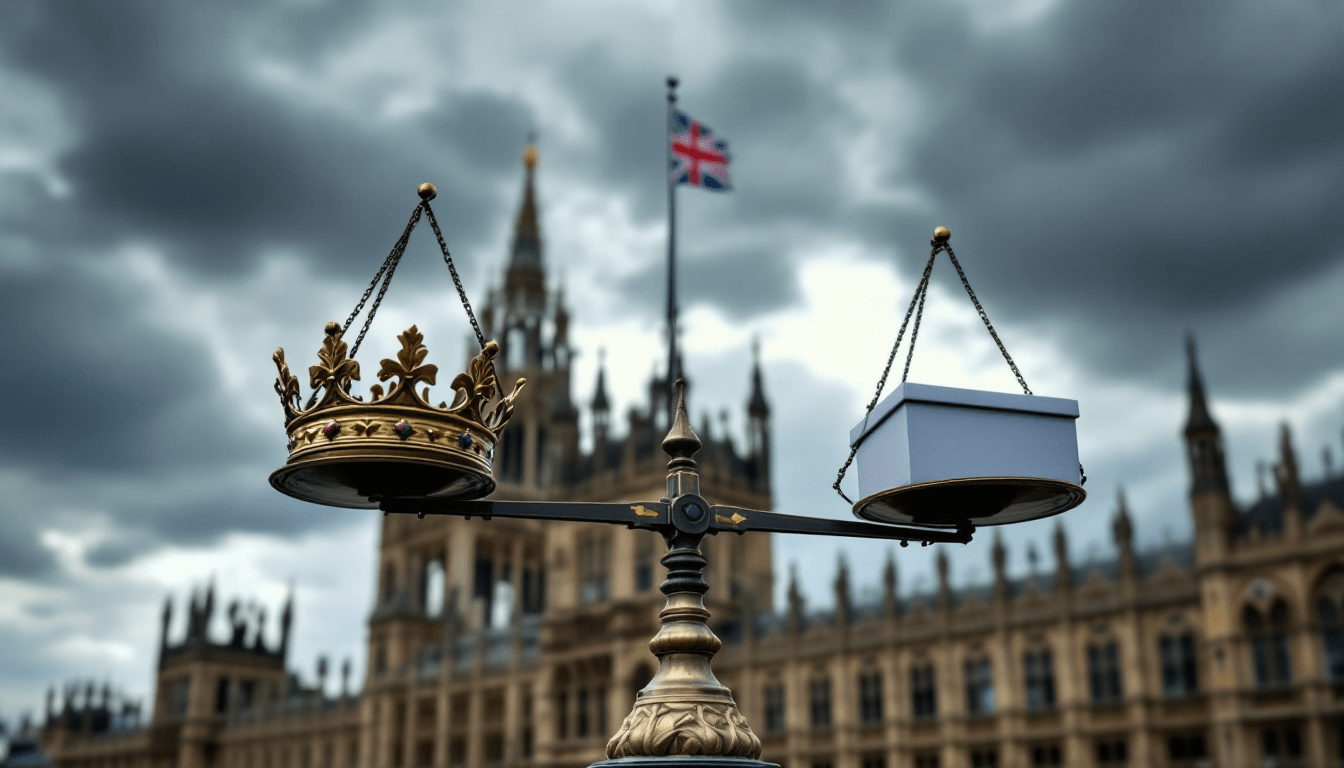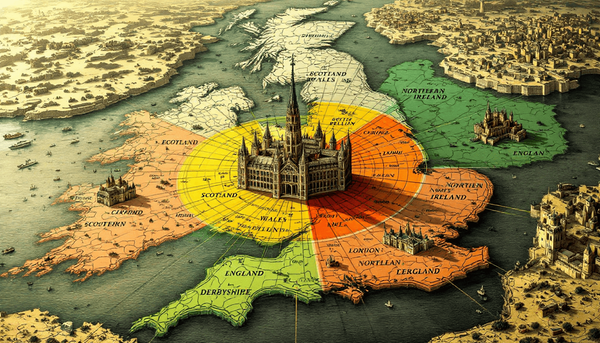Modest Proposals On House of Lords Reform
The House of Lords poses a constitutional dilemma: while it serves as a useful check on government power, its unelected nature undermines democratic legitimacy. Reform options range from elected hereditary peers to franchise restrictions, but each faces practical and political obstacles.






